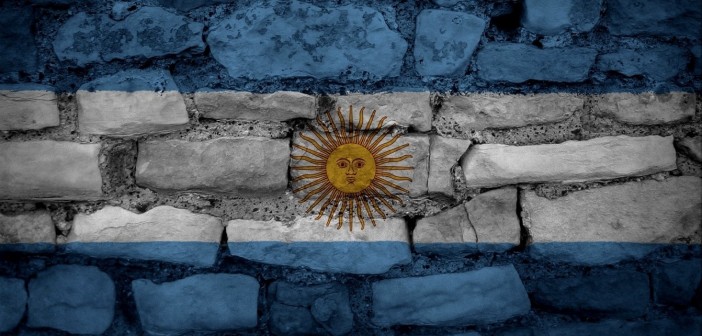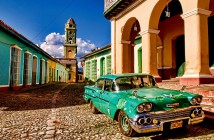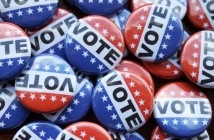As he became President of Argentina in December of last year, Mauricio Macri knew what he would face in government. His first task would be to build trust with Argentina and the world, and to ease inflation and debt. In addition, former President Cristina Kirchner had a strong political presence, a stark contrast with the Macri government’s minority in Congress and the Senate.
In his first month in office, Macri promoted a series of changes in the structure of the Argentine government in order to reduce the populist measures adopted during 12 years of Kirchnerism.
Since the beginning of the government, the President has created economic reforms, but even with these measures, the country may take a while to recover. Inflation rose with the devaluation of the peso (Argentine currency) and subsidies to public service providers have been ceased.
With this economic situation, and after Macri’s announcement that he was against a bill which would increase the cost of layoffs, thousands of people with anti-government banners took to the streets. Unemployment is the main concern of Argentines. In light of this, Macri sent a bill to Congress which would promote the employment of young people between the ages of 18 and 24, in an attempt to propose an alternative to the bill that he does not support.
However, there is not only bad news for Argentina’s economy. In mid-April, Mauricio Macri achieved one of his main campaign promises. After 14 years, the country paid the creditors of bonds due in 2001 and left the moratorium, a legal provision which provides for the suspension of payments owed to international creditors when a country is in a serious economic crisis. It is now the first time since 2001 that the Argentines may negotiate the country’s debt securities freely on the international market.
In late March, President Barack Obama visited Argentina in order to “turn the page” in relations between Washington and Buenos Aires, which has been marked in recent years by the fierce anti-US rhetoric of former President Cristina Kirchner. During the visit, Obama said the US is ready to work with Argentina on this ” historic transition”, saying he was “impressed” by President Macri’s energy and drive to improve the country’s economy.
Macri ran his campaign on a platform of zero tolerance for corruption. However, in early April, Argentine prosecutors were asked to initiate an investigation to determine whether the president Mauricio Macri had omitted certain companies from his asset declarations.
Chief among the charges is that Macri has financial ties and participated “maliciously” with offshore companies, most recently revealed in the major international ‘Panama Papers’ leak and investigation. He denies any illegality.
The opposition is also being investigated for alleged corruption. In early April, former president Cristina Kirchner testified about a specific case. The Public Ministry is investigated her involvement with the business dealings of Lázaro Báez, a family friend who was a major beneficiary of government contracts during the Kirchner period.
In early April, she was denounced for money laundering and since 2003 , Kirchner has been the subject of 420 complaints of corruption case. With this, the former president, and her party has lost some popularity.
Macri was elected with 51.4 % of the vote and his government has many supporters but also many in opposition. Argentina is another country in Latin America that will have to face up to its political problems. Previous governments have left major economic and social problems behind, and Mauricio Macri still has a long presidency ahead. Can he make Argentina grow up?





